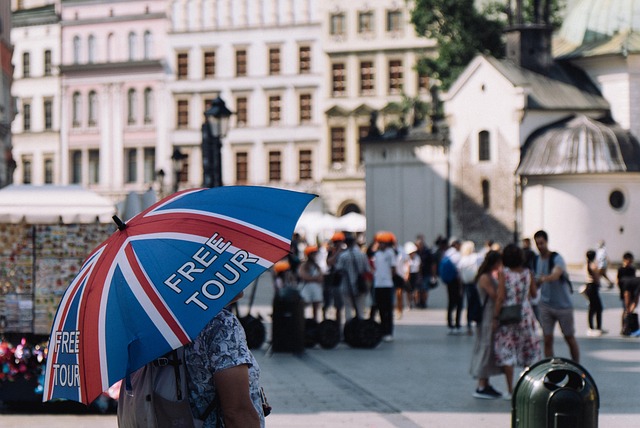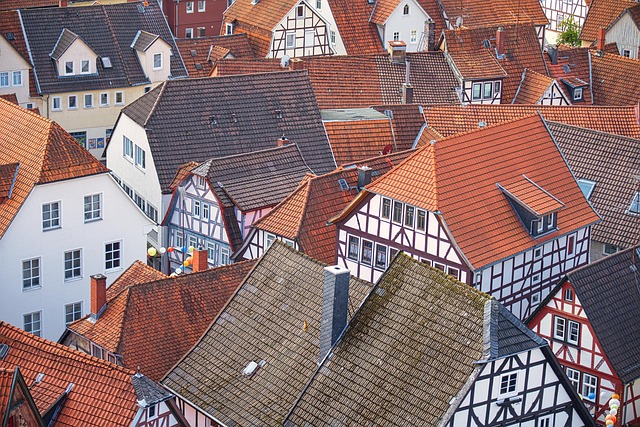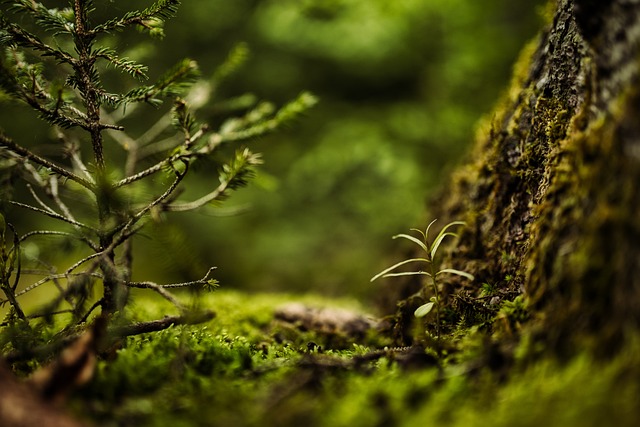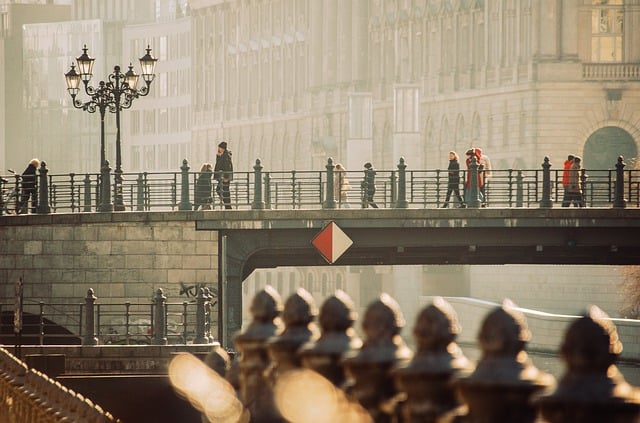An Abu Dhabi city tour focusing on a half-day explores the region's rich cultural heritage through heritage villages like Al Fahidi Fort (Qasr Al Watan) and interactive experiences. This blend of ancient traditions and modern developments offers insights into Emirati life, historical customs, and architecture. Visitors can appreciate traditional building methods, engage with locals practicing crafts, and witness cultural performances, fostering a deeper connection with Abu Dhabi's unique tapestry. A half-day tour also includes iconic landmarks like the Sheikh Zayed Grand Mosque, showcasing the region's cultural diversity and architectural marvels.
“Discover the rich tapestry of cultural heritage in Abu Dhabi and Dubai, two powerhouse cities in the United Arab Emirates. This article offers a comprehensive guide to exploring traditional life through visits to Heritage Villages. From understanding the cultural significance to experiencing local traditions interactively, we delve into how these sites preserve and present the region’s history. Additionally, we provide an optimal half-day Abu Dhabi city tour itinerary, highlighting must-see heritage attractions, and emphasize the importance of these cultural sites in modern times.”
- Understanding Abu Dhabi's Cultural Heritage
- Exploring the Village: A Glimpse into Traditional Life
- The Architecture and Design of Heritage Villages
- Interactive Experiences: Engage with Local Traditions
- Abu Dhabi City Tour: Half-Day Itinerary
- Why Dubai and Abu Dhabi's Heritage Sites Matter
Understanding Abu Dhabi's Cultural Heritage

Abu Dhabi, the capital of the United Arab Emirates, boasts a rich cultural heritage that extends far beyond its modern skyscrapers and luxurious attractions. A half-day city tour offers visitors a glimpse into this complex tapestry, where ancient traditions intertwine with contemporary developments. The city’s history is deeply rooted in its Bedouin past, with local museums and cultural centers showcasing the lifestyle, art, and customs of the region’s nomadic tribes.
One of the best ways to experience Abu Dhabi’s cultural heritage is through immersive activities and landmarks. Heritage villages, such as Al Fahidi Fort (Qasr Al Watan), provide a window into traditional Emirati life, with exhibits depicting everyday routines, crafts, and historical events. These experiences allow visitors to understand the resilience and creativity of the local community, offering a meaningful perspective on Abu Dhabi’s journey from a small fishing village to a global hub.
Exploring the Village: A Glimpse into Traditional Life

In the heart of Abu Dhabi, Heritage Village offers a captivating glimpse into traditional Emirati life. This charming half-day city tour destination is a must-visit for those seeking to immerse themselves in the rich cultural heritage of the United Arab Emirates. Visitors can stroll through authentic replica homes, observe local crafts being created, and interact with locals dressed in traditional attire. It’s not just a look back in time; it’s an experience that fosters understanding and appreciation for the region’s deep-rooted customs.
The village recreates the way of life that once thrived across the Emirati islands, showcasing the simple yet fulfilling existence of the early settlers. From water wheel demonstrations to traditional fishing techniques, every corner tells a story. This authentic setting allows visitors to connect with Abu Dhabi’s history and gain insights into the resilience and ingenuity of its people.
The Architecture and Design of Heritage Villages

Abu Dhabi’s heritage villages offer a captivating glimpse into the past, showcasing traditional architecture and design that reflects the region’s rich cultural history. These villages, often incorporated into city tours like a half-day Abu Dhabi excursion, feature distinctive low-rise structures constructed primarily from locally sourced materials such as stone, wood, and date palm fronds. Each building is meticulously designed to blend harmoniously with its natural surroundings, embodying the sustainable living practices of past communities.
The design principles of these heritage villages emphasize simplicity, functionality, and an intimate connection with nature. Residences often include courtyards filled with greenery, providing a cooling effect during the hot desert days while serving as social hubs for families and neighbors. Traditional wind towers, carefully positioned to harness natural ventilation, help keep indoor spaces comfortable without relying on modern air conditioning systems. This unique architectural style not only preserves cultural heritage but also offers visitors an opportunity to step back in time and appreciate the artistry and ingenuity of traditional building methods.
Interactive Experiences: Engage with Local Traditions

On an Abu Dhabi city tour half day, visitors have a unique opportunity to immerse themselves in the local culture and traditions. Heritage Village, a vibrant showcase of traditional Emirati life, offers interactive experiences that transport visitors back in time. Here, guests can explore historic buildings, watch cultural performances, and engage with locals who share their age-old crafts and customs. From learning the art of henna painting to watching the traditional dance known as Al-Ardha, every moment is a chance to connect with the rich heritage of this dynamic city.
These hands-on activities provide a deeper understanding of Abu Dhabi’s past and present, making the half-day tour not just an excursion but a meaningful cultural exchange. It allows visitors to appreciate the resilience and warmth of the local community, fostering a genuine connection with the place and its people.
Abu Dhabi City Tour: Half-Day Itinerary

For a culturally immersive experience, consider an Abu Dhabi city tour tailored for a half-day visit. Start your itinerary at the iconic Sheikh Zayed Grand Mosque, one of the largest mosques globally and a stunning example of modern Islamic architecture. Admire its magnificent design and explore the surrounding grounds, which offer a serene escape within the bustling metropolis.
Next, head to Qasr Al Watan, a majestic palace that showcases the rich heritage and traditions of the United Arab Emirates. This cultural landmark provides insights into local history, art, and customs through interactive exhibits and beautiful interiors. A half-day tour allows visitors to grasp the essence of Abu Dhabi’s cultural tapestry while leaving ample time for other activities or exploration in Dubai.
Why Dubai and Abu Dhabi's Heritage Sites Matter

Dubai and Abu Dhabi’s heritage sites are a testament to the region’s rich history, cultural diversity, and architectural evolution. These historic landmarks offer visitors a glimpse into the past, allowing them to experience the traditional way of life and understand the roots of modern-day Emirates. A half-day city tour in Abu Dhabi can showcase iconic sites like Sheikh Zayed Grand Mosque, showcasing stunning architecture and intricate designs that reflect the region’s cultural heritage.
Such visits not only enrich tourists’ understanding of the local culture but also contribute to the preservation of these historical treasures. They draw attention to the importance of preserving traditional arts, crafts, and way of life, ensuring they remain vibrant for future generations. This emphasis on heritage conservation is a cornerstone of Dubai and Abu Dhabi’s identity, balancing rapid modernization with respect for their cultural roots.
In conclusion, Abu Dhabi’s heritage villages offer a captivating glimpse into the past, showcasing the traditional lifestyle and cultural richness of the region. From exploring authentic architecture to participating in interactive experiences, visitors can immerse themselves in the local customs and history. A must-include in any itinerary is an Abu Dhabi city tour half-day excursion, which provides a balanced exploration of modern developments and cherished cultural sites. Dubai and Abu Dhabi’s heritage sites are not just attractions; they are living testaments to the region’s deep-rooted traditions that continue to evolve alongside its vibrant future.
